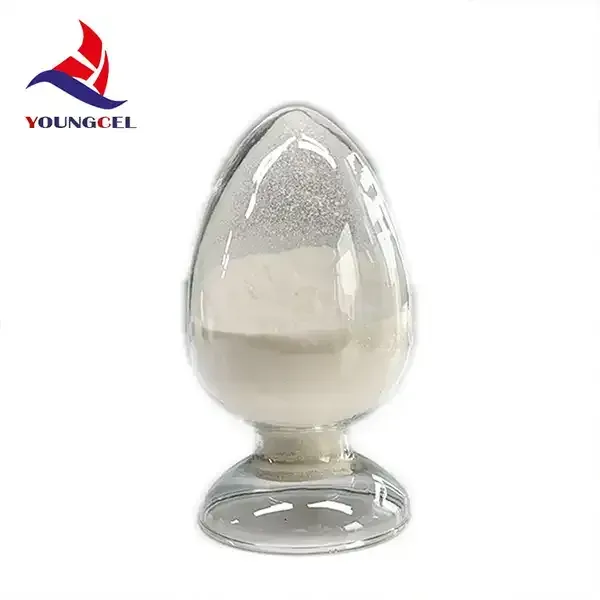The Role of Redispersible Powder (RDP) in Tile Adhesive Mortar
Tile adhesive mortar plays a crucial role in the installation of tiles, ensuring their durability and aesthetic appeal. One of the key components that significantly enhances the performance of tile adhesive is Redispersible Powder (RDP). This advanced formulation is a dried polymer powder that, when mixed with water, creates a flexible and adhesive paste that provides numerous benefits in tile setting applications.
What is Redispersible Powder?
Redispersible powder is a polymer-based additive made by emulsifying a polymer in water and subsequently drying it into a powder form. Upon contact with water, the RDP redisperses into a uniform solution, which allows it to integrate seamlessly with other components in tile adhesive mortar. RDP enhances the adhesive properties of the mortar, improving its ability to bond tiles to various substrates.
Key Benefits of RDP in Tile Adhesive Mortar
1. Improved Adhesion One of the primary advantages of RDP is its ability to improve the adhesive properties of tile mortars. It enhances the bond strength between the tile and the substrate, whether it be concrete, cement board, or other surfaces. This strong bond is crucial for preventing tile displacement and ensuring the longevity of the installation.
2. Flexibility RDP adds flexibility to tile adhesive mortars. This is particularly important in areas prone to movement or vibration, such as floors and walls. The flexibility helps to absorb strain and prevent cracking in the adhesive layer, which can lead to tile damage over time.
3. Water Resistance The inclusion of RDP in tile adhesive mortars contributes to their water-resistant properties. This is especially advantageous in wet areas such as bathrooms and kitchens, where moisture can compromise the adhesion of tiles. The moisture resistance provided by RDP helps to maintain the integrity of the adhesive bond.
tile adhesive mortar redispersible powder rdp

4. Ease of Application Tile adhesive mortars with RDP are easier to work with, allowing for extended open times and better workability. This means that tile setters have more time to adjust and position the tiles without worrying about the adhesive setting too quickly. The improved flow of the mortar also aids in achieving a smoother application.
5. Resistance to Environmental Factors RDP-enhanced tile adhesives demonstrate improved resistance to various environmental conditions such as humidity, temperature fluctuations, and UV exposure. This durability ensures that installations remain intact under various stresses and conditions.
Applications of RDP in Tile Adhesive Mortars
RDP is increasingly used in a variety of tile adhesive products, each tailored for specific applications. These range from general tiling jobs to specialized projects, such as installing ceramic tiles on heated floors or in outdoor areas subject to freeze-thaw cycles. The versatility of RDP allows manufacturers to create custom formulations that meet the unique requirements of different environments and substrates.
In commercial settings, where heavy foot traffic and stringent performance standards are commonplace, RDP-modified tile adhesives provide the necessary strength and resilience. Furthermore, in residential projects, RDP contributes to a smooth and hassle-free tile installation experience, leading to better outcomes for homeowners and contractors alike.
Conclusion
The incorporation of Redispersible Powder into tile adhesive mortar represents a significant advancement in tile installation technology. With its ability to enhance adhesion, flexibility, and water resistance, RDP improves the overall performance and longevity of tile installations. As the construction industry continues to evolve, the reliance on high-performance additives like RDP will undoubtedly grow, ensuring that tiles remain securely in place, delivering both aesthetic appeal and functionality for years to come.
-
The Application and Significance of Construction RdpNewsMay.19,2025
-
Industrial Grade HpmcNewsMay.19,2025
-
Building Coating Adhesive Building Coating Adhesive HpmcNewsMay.19,2025
-
Application Of Hpmc For Detergent For Detergent In DetergentsNewsMay.19,2025
-
Application Of Hpmc Cellulose In Cement-Based MaterialsNewsMay.19,2025
-
Application Of High Quality Hpmc For Construction In The Field Of ConstructionNewsMay.19,2025




